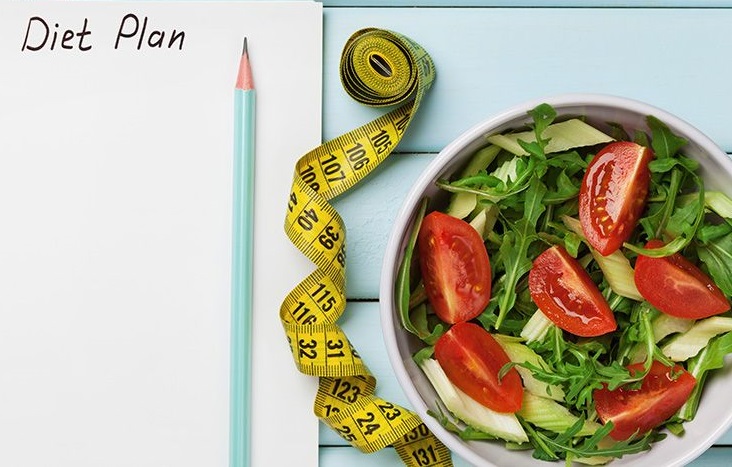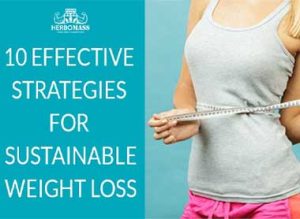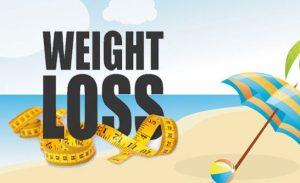
Losing weight is a common goal for many individuals, and adopting a healthy and balanced diet is key to achieving this objective. While there are numerous fad diets and quick-fix solutions out there, a sustainable weight loss plan revolves around making long-term dietary changes. In this guide, we will outline a comprehensive diet plan that promotes weight loss while ensuring you receive all the essential nutrients your body needs.
Setting Realistic Goals
Before diving into the specifics of a diet plan, it’s crucial to establish realistic weight loss goals. Aim for a gradual and steady weight loss of 1-2 pounds (0.5-1 kg) per week. This gradual approach is more sustainable and healthier for your body in the long run.
Calorie Intake and Portion Control
Weight loss ultimately comes down to achieving a calorie deficit, which means consuming fewer calories than you burn. Start by determining your daily calorie needs based on factors such as age, gender, activity level, and current weight. Then, create a calorie deficit of 500-1000 calories per day to promote steady weight loss.
To achieve this calorie deficit, it’s essential to practice portion control. Be mindful of your portion sizes and opt for smaller plates to visually trick your mind into feeling satisfied with less food. Focus on filling your plate with nutrient-dense, low-calorie foods to keep you satiated without exceeding your calorie limit.
Daily Balanced Meal Plan
- Breakfast: Kickstart your day with a nutritious meal that includes lean protein, whole grains, and healthy fats. For example, a bowl of oatmeal topped with berries and a sprinkle of almonds, accompanied by a boiled egg.
- Snack: Mid-morning, enjoy a snack that combines protein and fiber. Greek yogurt with a handful of mixed nuts or a piece of fruit with a tablespoon of nut butter are excellent choices.
- Lunch: Opt for a satisfying and well-rounded lunch consisting of lean protein, whole grains, and plenty of vegetables. A grilled chicken breast with quinoa and a colorful salad is a nutritious option.
- Snack: Keep your energy levels up in the afternoon with a protein-rich snack like a protein bar, a small handful of edamame, or sliced vegetables with hummus.
- Dinner: Make dinner a balanced and flavorful affair. Include a lean protein source such as fish or tofu, paired with a serving of whole grains like brown rice or quinoa, and a generous portion of roasted or steamed vegetables.
- Snack: If you feel hungry before bedtime, opt for a light and low-calorie snack such as a small bowl of berries or a cup of herbal tea.
Hydration and Other Considerations
Hydration is a crucial aspect of any weight loss plan. Aim to drink at least 8 glasses (64 ounces) of water per day to stay adequately hydrated. Water not only helps maintain your body’s fluid balance but also aids digestion and can even contribute to feelings of fullness.
In addition to following a well-balanced diet, incorporate regular physical activity into your routine. Engaging in a mix of cardiovascular exercises, strength training, and flexibility exercises can help maximize your weight loss efforts while improving overall fitness and well-being.

Other Tips For Effective Weight Loss
Here are some effective tips for weight loss:
- Eat a healthy diet: Focus on consuming whole, nutrient-dense foods such as fruits, vegetables, whole grains, lean protein, and healthy fats while avoiding processed and high-calorie foods.
- Keep track of your calories: Use a food diary or calorie-tracking app to monitor your calorie intake and ensure you’re in a calorie deficit.
- Exercise regularly: Regular exercise can help you burn calories and increase muscle mass to help you lose weight and keep it off.
- Drink plenty of water: Staying hydrated can help you feel full and reduce your appetite.
- Get enough sleep: Getting enough rest can help regulate hunger hormones and support weight loss efforts.
- Manage stress: Stress can trigger emotional eating and sabotage weight loss efforts. Find healthy ways to manage stress such as meditation or yoga.
- Find a support system: Surround yourself with people who support your weight loss goals and can provide accountability and motivation.
Remember: sustainable weight loss takes time, patience, and consistency. It’s important to make lifestyle changes that you can maintain long-term rather than resorting to quick-fix diets or extreme measures.
7 Healthy Snacks That help Weight Loss
Here are some healthy snacks that can help you lose weight:
- Fresh fruits: Fruits are a great snack option as they are low in calories and high in fiber, vitamins, and antioxidants. Try apples, bananas, berries, or oranges.
- Raw vegetables: Raw vegetables are low in calories and high in fiber, vitamins, and minerals. Try carrots, cucumber, celery, or bell peppers with hummus or guacamole.
- Nuts and seeds: Nuts and seeds are high in healthy fats, protein, and fiber, which can help you feel full and satisfied. Try almonds, walnuts, chia seeds, or pumpkin seeds.
- Greek yogurt: Greek yogurt is high in protein and can help you feel full and satisfied. Try plain Greek yogurt with berries or a drizzle of honey.
- Hard-boiled eggs: Eggs are a great source of protein and can help you feel full and satisfied. Try hard-boiled eggs as a snack.
- Air-popped popcorn: Popcorn is low in calories and high in fiber, making it a great snack option. Try air-popped popcorn without butter or salt.
- Rice cakes: Rice cakes are low in calories and can be topped with nut butter or avocado for a satisfying snack.
Remember: portion control is key when it comes to snacking for weight loss. Stick to single-serving portions and avoid mindlessly snacking in front of the TV or while working.
More about weight-loss: Intermittent Fasting: The Ultimate Guide for Weight Loss
Conclusion
Embarking on a weight loss journey requires commitment, consistency, and a well-planned diet. Remember to consult with a healthcare professional or registered dietitian before starting any weight loss plan to ensure it suits your individual needs and health conditions. By adopting a balanced meal plan, practicing portion control, staying hydrated, and engaging in regular physical activity, you’ll be well on your way to achieving your weight loss goals and maintaining a healthy lifestyle in the long term.




